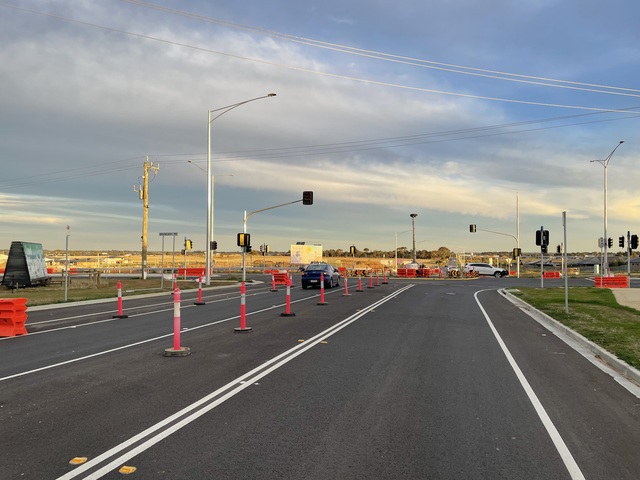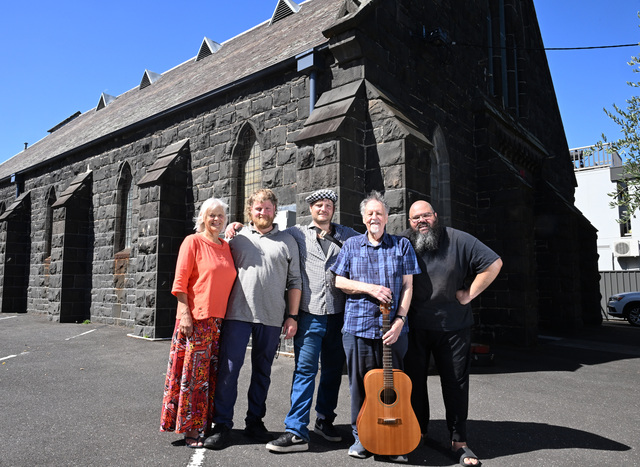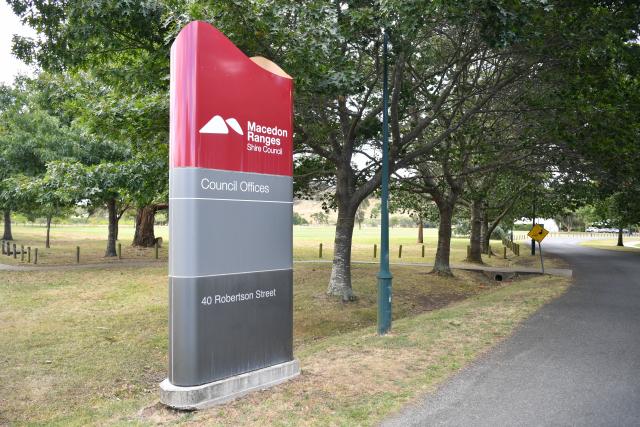In a week where the country witnessed whole towns become submerged in catastrophic, record-breaking floodwaters, a recent report on the effects of climate change was timely – and terrifying.
The latest UN Intergovernmental Panel on Climate Change (IPCC) report contained a number of sobering realities, including the necessity of acting now on issues that will shape the way the future will look and feel.
David Gormley-O’Brian, president of the Macedon Ranges Sustainability Group, reflected on a few ways the region could mitigate the effects of the climate crisis.
He said what stood out to him in the report was the emphasis on engagement with local communities and implored local, state and federal governments to do so.
“Drawing upon different knowledge – science, local knowledge and Indigenous knowledge – in coming up with local solutions for climate change mitigation and adaptation,” Mr Gormley-O’Brian said.
He also urged a focus on sustainable forest and biodiversity management and connectivity between bio-systems, agriculture and livestock management, green infrastructure, preservation of river systems, urban planning, adequate housing and disaster risk management.
As it stands, the world is set to face “multiple, unavoidable” climate hazards with global warming of 1.5°C, according to the IPCC report, and Mr Gormley-O’Brian said people living on the margins would be most impacted.
“Climate change is going to really affect the vulnerable more than others, for example, low income households, people in rental properties, that type of thing,” Mr Gormley-O’Brian said.
“In the Macedon Ranges, we need to ensure there’s adequate housing for these people.”
In terms of what he expects the climate change induced hazards will look like in the Macedon Ranges, he said people were already observing more frequent and intense weather events and an increased vulnerability to bushfires.
“In the next 20 years, we can expect an increase in heat-related mortality and morbidity for people and wildlife, leading to extinction of local species of flora and fauna,” Mr Gormley-O’Brian said.
“We can also expect a huge impact on peoples’ livelihoods and incomes due to the decline in agricultural production, hence threatening our food security.”
He said now was a “window of opportunity” to contain global warming to its current level, and not let it exceed to 2°C.
“It’s easy to despair, with what’s happening with climate change and the fact that climate adaptation mitigation is somewhat slow and piecemeal,” Mr Gormley-O’Brian said.
“But it’s really good to focus on the fact that what we do now can actually save lives in the future.
“Anything we do now is well worthwhile,” he said.

















